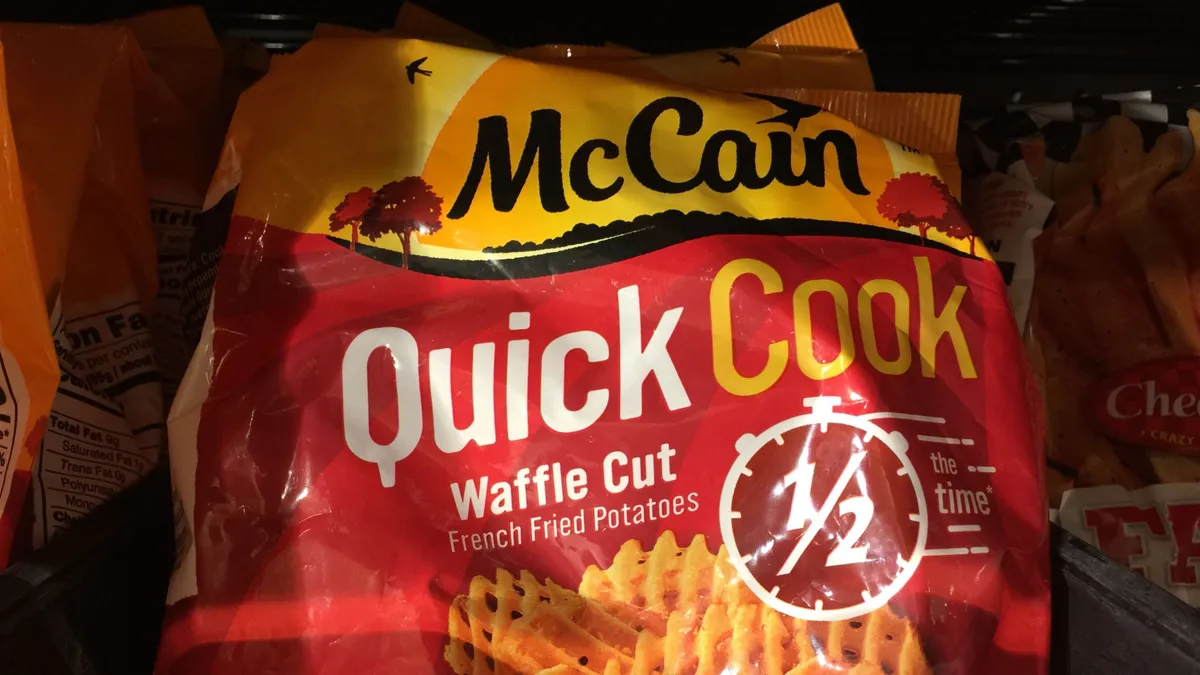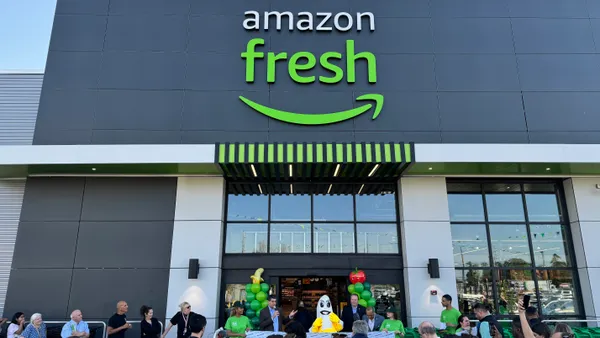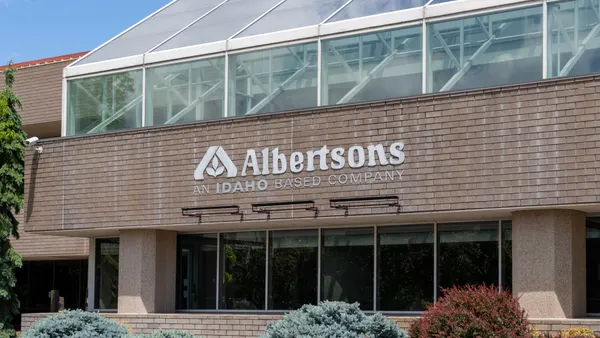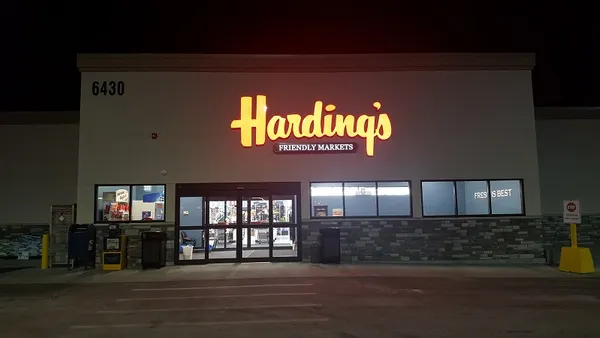Dive Brief:
- Pennsylvania grocery chain Redner’s Markets has accused four frozen potato suppliers of colluding to illegally set their product prices at artificially high levels.
- The suppliers — Lamb Weston, McCain Foods, J.R. Simplot and Cavendish Farms — have implemented coordinated price increases “that allowed them to realize unprecedented margins” through a conspiracy since at least early 2021, Redner’s alleged in a class action lawsuit filed Nov. 15.
- The four potato companies charged more for their products, which include frozen french fries, hash browns and tater tots, even as their costs declined and “knew their co-conspirators would not undercut them on price,” the suit alleges.
Dive Insight:
Redner’s, which runs 44 warehouse markets and 20 convenience stores in Pennsylvania, Maryland and Delaware, claims in the suit that the four potato companies collectively control at least 97% of the frozen potato market in the U.S. and have been able to maintain a tight grip on the sector because it is capital-intensive and time-consuming.
The four frozen potato makers “knew that their Frozen Potato Products would enter the United States stream of commerce and would affect United States commerce, including harm to Plaintiff and the proposed class in the payment of supra-competitive prices for Frozen Potato Products,” according to the suit, filed in U.S. District Court for the Northern District of Illinois.
The companies “acted in concert to fix, raise, maintain, and stabilize the price of Frozen Potato Products they manufactured, distributed, sold, or imported into the United States,” the complaint claims.
“We believe the claims are without merit and intend to vigorously defend our position,” a Lamb Weston spokesperson said in a statement.
A J.R. Simplot spokesperson said in a statement the company “cannot provide specific details about pending legal activities,” adding that the company competes “fairly and with integrity in all markets where we operate.”
Representatives for McCain Foods and Cavendish Farms did not respond to requests for comment before this story was published.
The frozen potato market was worth about $67 billion in 2023 and is on course to reach just under $90 billion by 2029, according to a report this summer by market data supplier Research and Markets.
Demand for frozen potato products does not tend to change even as prices go up, which allows “producers to raise their prices without triggering customer substitution and lost sales revenue,” according to the suit.
Because the companies’ products have similar quality and appearance, they would primarily need to compete on price, the suit claims, noting that the “avoidance of price-based competition is the primary motivation for forming a cartel.”
Redner’s also alleges in the suit that managers at Lamb Weston instructed managers to communicate about pricing matters using text messages “to avoid creating emails that could be discovered in the event of an antitrust investigation.”
“Although Lamb Weston managers obtained their competitors’ price announcements, the managers were forbidden to email such announcements to C-suite executives so the latter could more plausibly deny receiving information about the announcements,” the suit claims.
The complaint is among several lawsuits filed against the four potato companies that allege the companies have illegally worked together to boost prices for their products, The Washington Post reported. The suits include a complaint filed Nov. 17 by a consumer that also names Potatoes USA, a potato industry trade association, and data analysis company Circana as defendants, Reuters reported.














